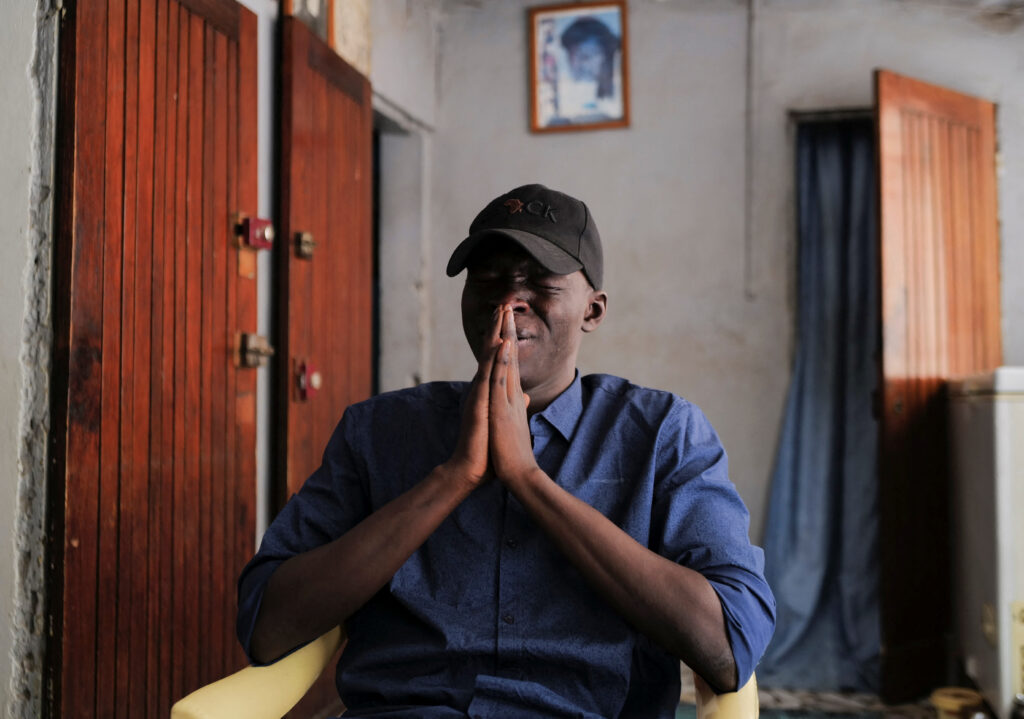ELHAJI CISSE was busy on Friday, the day he was killed, tweeting hundreds of times as riots erupted beyond the walls of his compound in a busy suburb of Senegal’s capital Dakar.
In one post, the 26-year-old student warned his 1,700 followers about security forces firing live rounds at protesters. In another, he shared first aid tips for people wounded on the streets.
Offline he helped too, showing elderly neighbours how to ease their discomfort from inhaling mouthfuls of tear gas, said his younger brother Djimbala Ba.
“He spent his time in the service of others,” said Ba, 24, who burst into tears during an interview at the home where he and his brother used to share a bed in a small side room. “He was a good patriot.”
At around 9 p.m. on Friday, after a bowl of couscous and milk, Cisse braved the short walk to a mosque to pray as security forces and rioters clashed nearby, said Ba, and another friend, Cheikh Ndiaye.Sixteen people have died in the deadliest unrest in Senegal in decades, triggered by a prison sentence handed down to opposition leader Ousmane Sonko that could rule him out of presidential elections in February. Sonko denies wrongdoing.
His supporters say the charges were politically motivated and have taken to the streets in their thousands, hurling rocks at security forces, setting cars and buildings alight and ransacking supermarkets and gas stations.
Police have responded with tear gas and what rights groups have described as excessive force. Five hundred people have been arrested, the government says.
Security forces deny firing on protesters or using excessive force.
